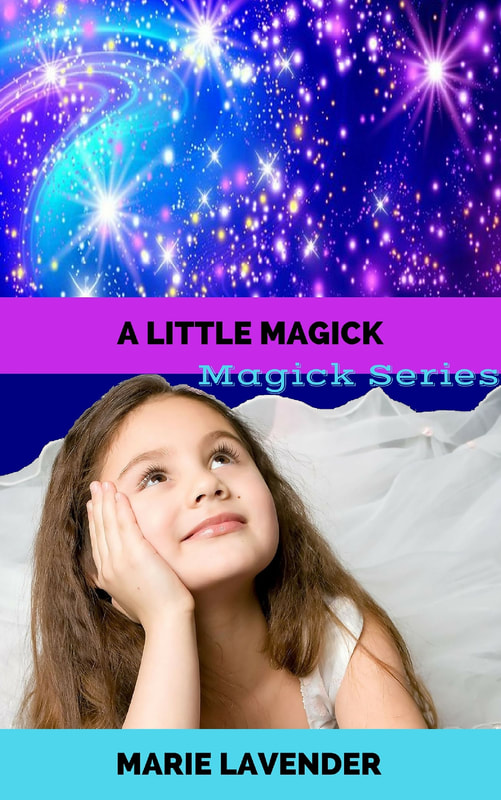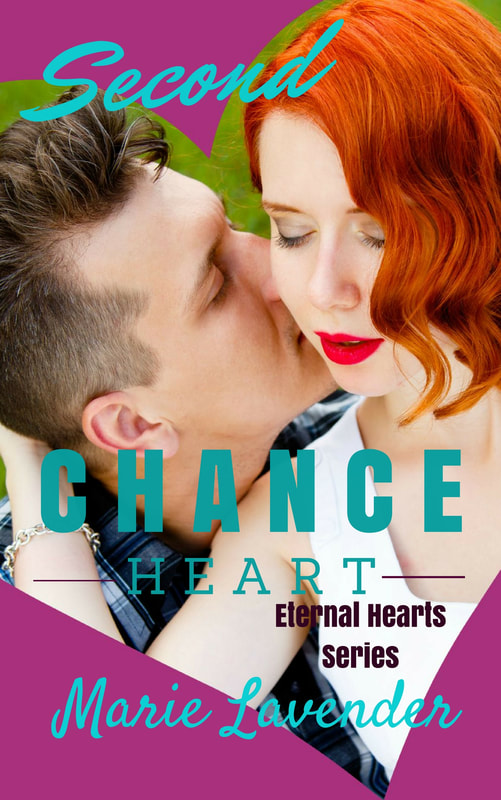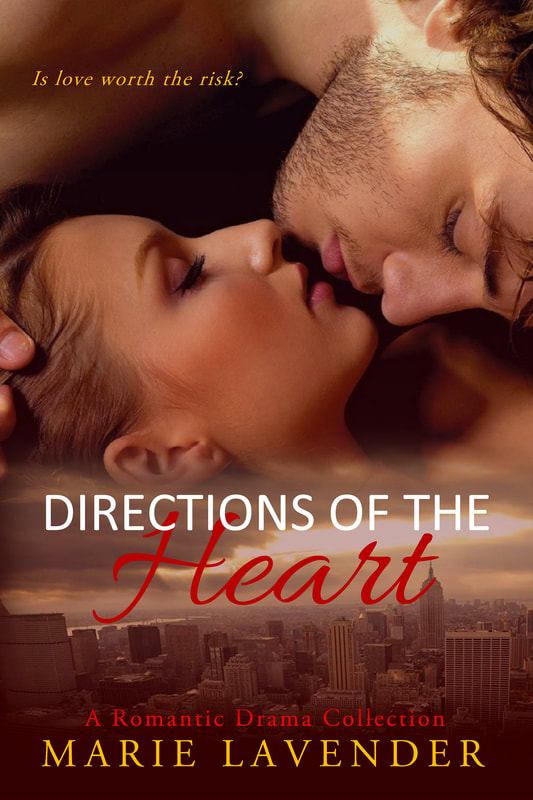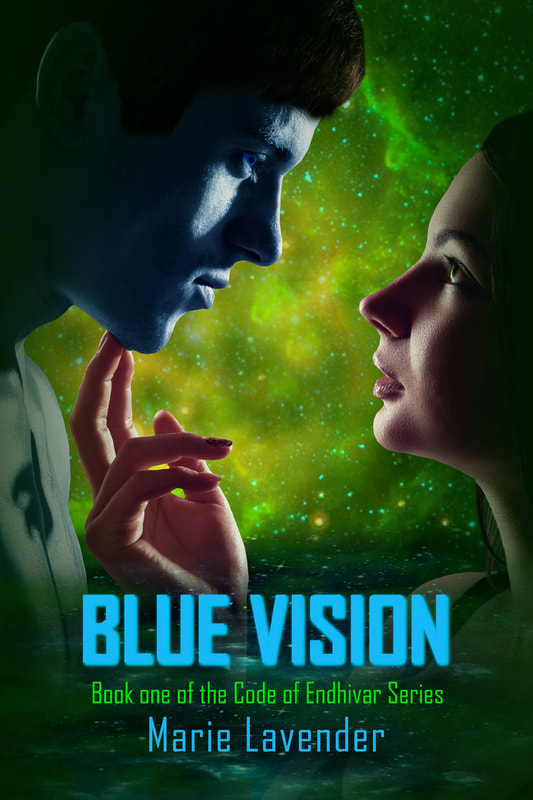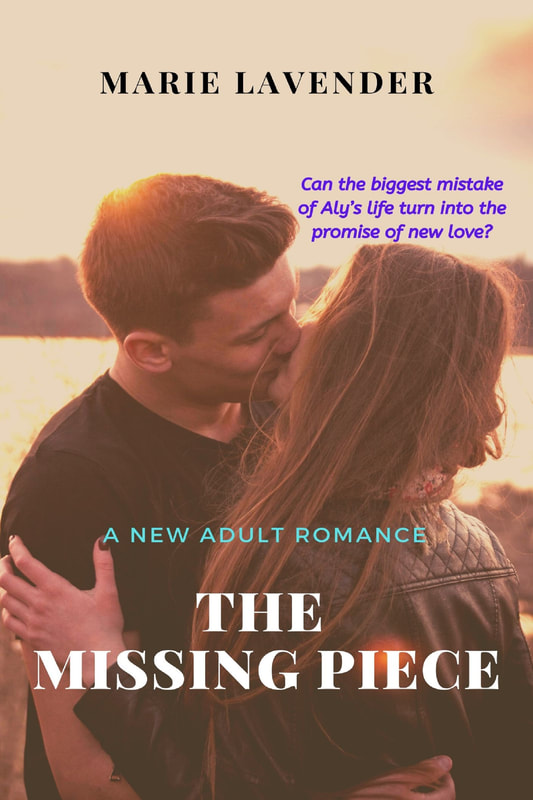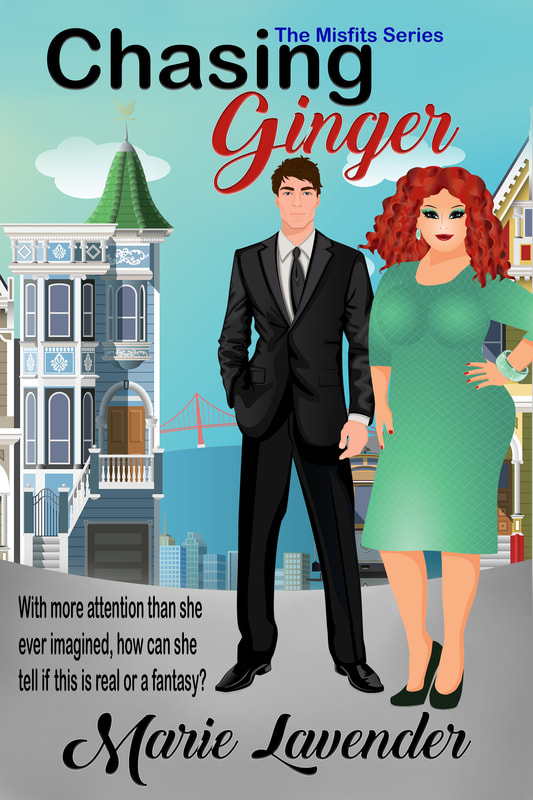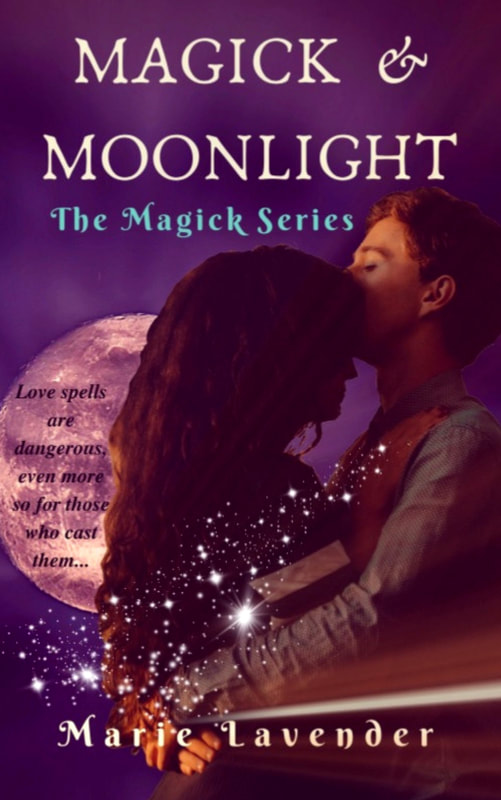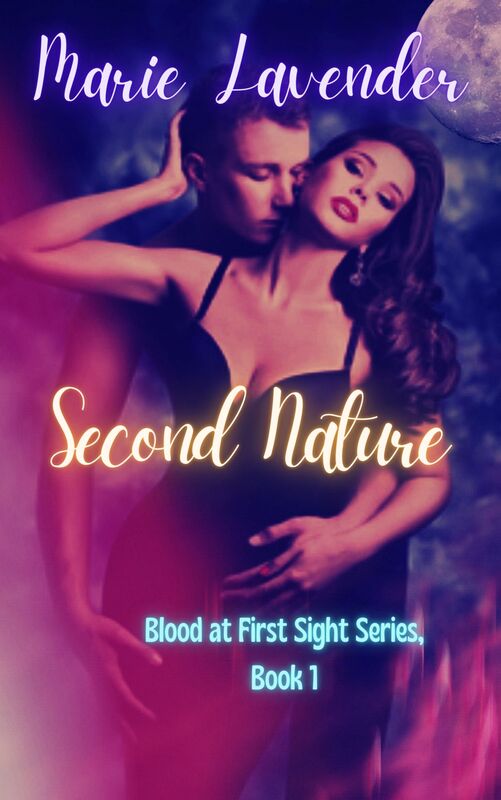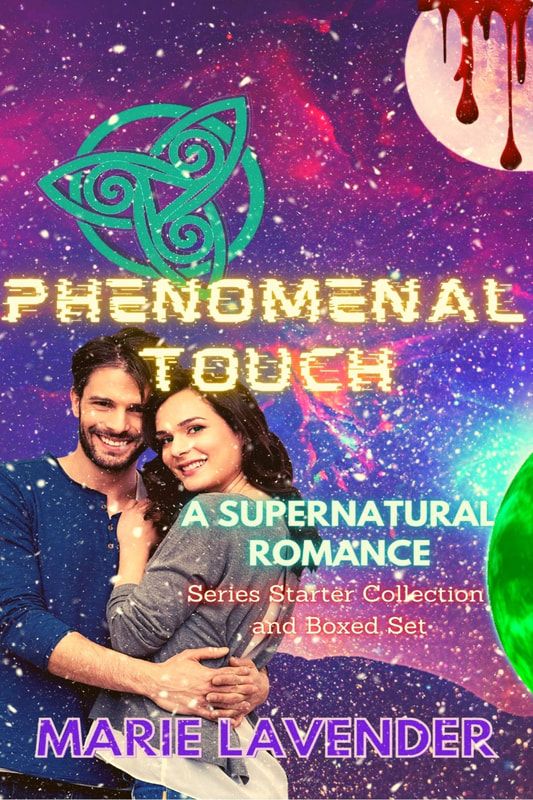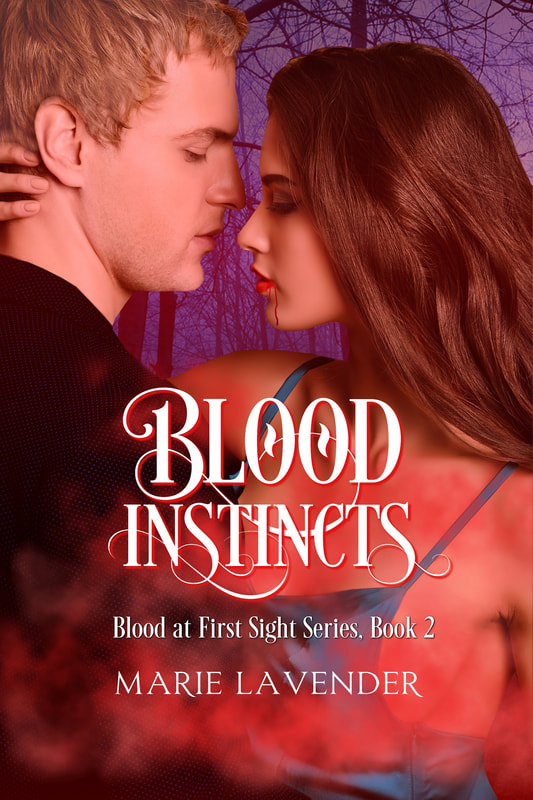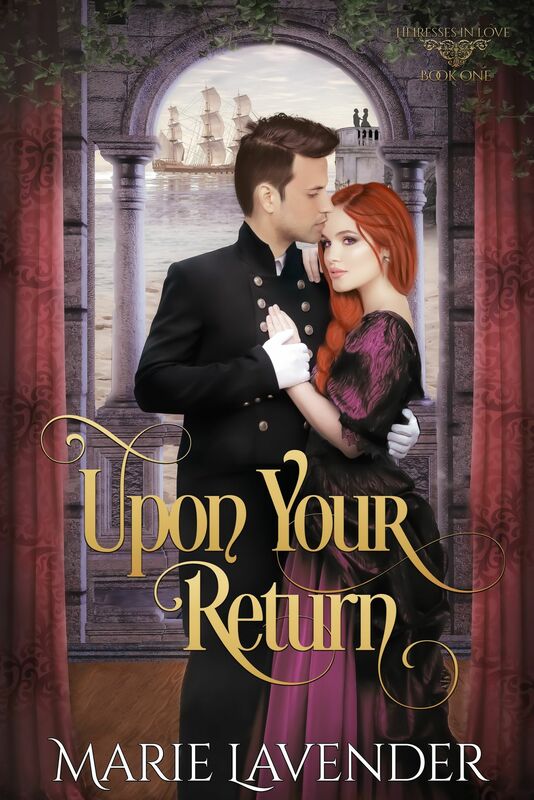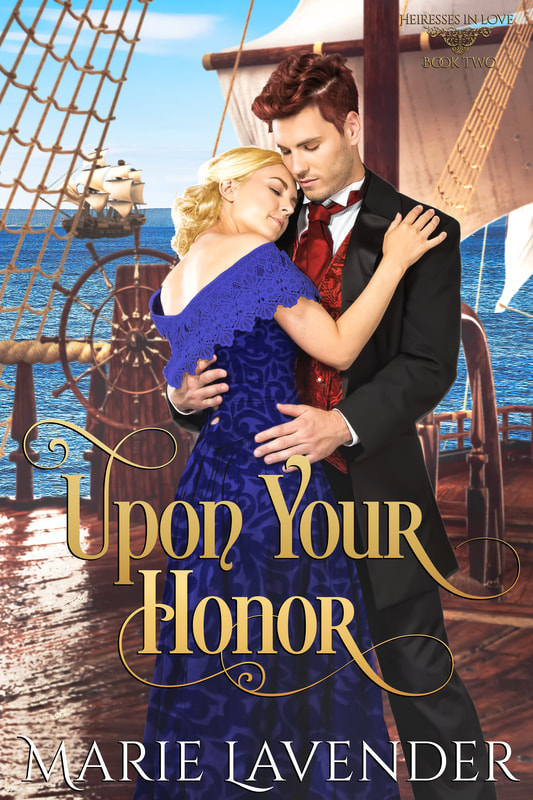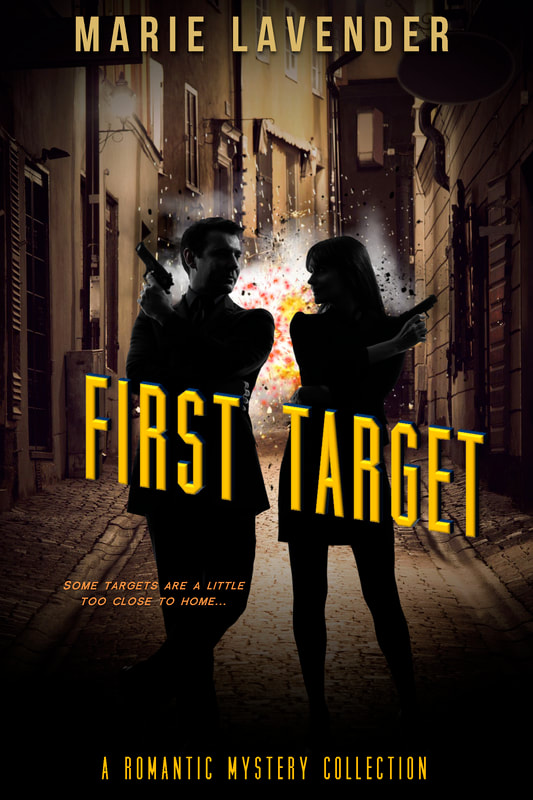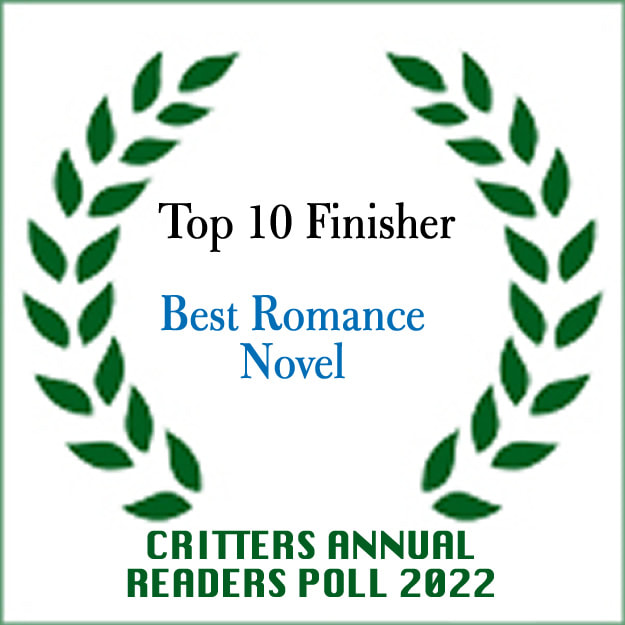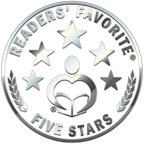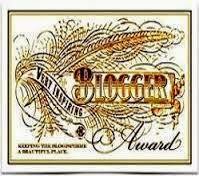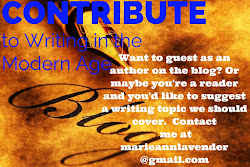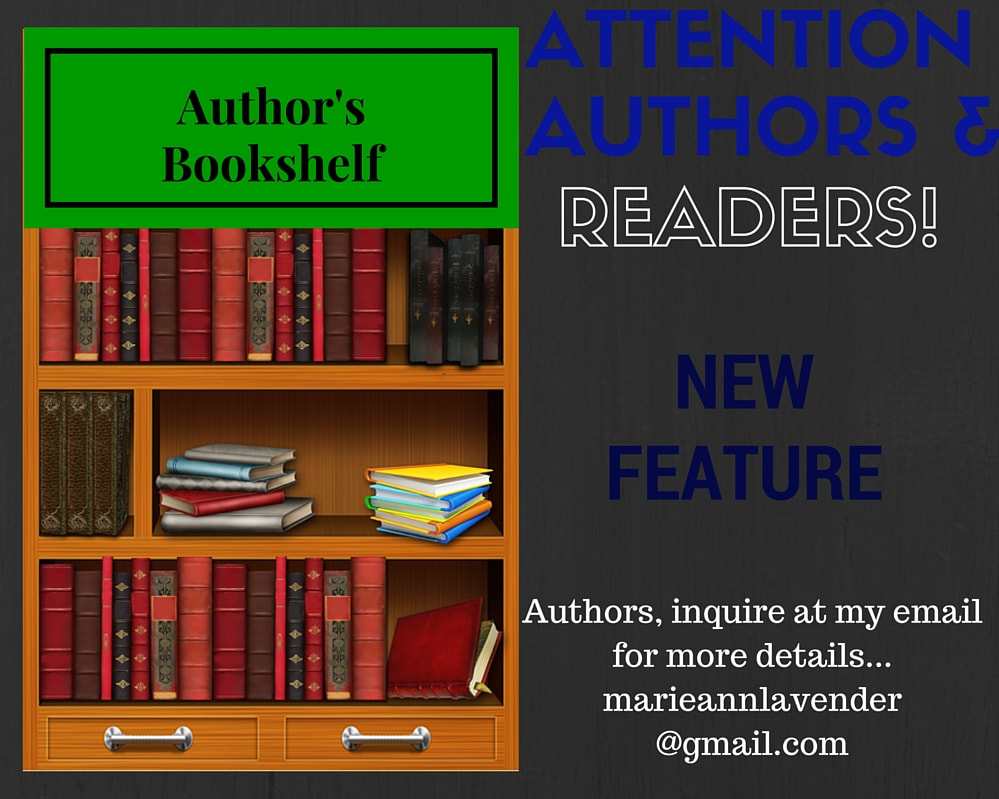How to Make Your Characters Believable:a guest post by Stefan VucakPeople are quirky, unpredictable, emotional, and often cannot be relied upon. Governed by the environment within which they live, knowledge accumulated over years of learning, whether formal or through personal endeavor, and simply interacting with others, an individual is a complex matrix of what it means to be human. Above all things, people are self-centered, always looking for that angle which will make them come ahead—that quick fix to bypass the necessary hard work in-between. That’s why we gamble.Standing on a busy street corner, waiting for the lights to change so I can cross, I am bemused by the sight of pedestrians hurrying, dawdling, or completely distracted with faces buried in a smart phone crossing the other way. There are tall people, skinny ones, some not so, Caucasian, Asian; all sorts. Some are wearing smiles, while others scowl, and there are those who seem to be stooped like they are bearing the load of the world on their shoulders. The teens skip gaily, chatting to each other and laughing, looking on us oldsters as incomprehensible cubes, wondering what all the fuss is about.
|
Blog Archives
April 2024
Visit our old posts on Blogger instead.
A glance at Marie's booksComing SoonBlog Awards
ContributeCool new feature!
Attention
The fact is…our policy has changed considerably, at least for a while. Check out our 'Blog Policy' for more information about the types of features offered, how you can purchase a guest spot, my policy on review requests, and rules for guest writers. Starting from 2021, I was charging for some types of posts. Of course, there is never a fee for a guest article, as long as you adhere to the blog's theme. I also will not charge for big multi-author events which I host (these are giveaways or participation questions, and it's obvious what materials you're providing). If you'd like to submit a guest book review (no, I don't write book reviews, please don't ask me), I will always accept those and not charge you a fee at all. Starting in 2022, I WILL NO LONGER BE posting new release features, cover reveals, Author's Bookshelf features, author interviews, character interviews, and poetry spotlights. I am far too overwhelmed with other work to do constant blog posts. I'll still be writing my own articles sometimes and hosting multi-author special features. For companies that can afford a sponsored post, I'm willing to discuss a reasonable quote for a specialized article which fits within the blog's theme (No blatant promotions). Email me atmarieannlavender@gmail.comif you wish to participate in a unique post. Feel free to approach me with your creative ideas about a blog post. Slots at Writing in the Modern Age are always first come, first served. Contact us and reserve a spot! Refer to the 'guest schedule' at the top of the screen for further clarification about availability. Thanks for understanding.Disclaimer
Thoughts and opinions by guest authors do not necessarily represent any thoughts and opinions by this website's administrator, nor are they directly endorsed. All writings on the blog are subject to review and editing. Please visit our blog policy to understand the site's theme a little better.Use our hashtag #WritModAge when you mention us!Should you edit your own work? Definitely! - The Ultimate Guide to Editing a BookAre you a technical writer? Look no further for some tools of the trade!Love physical books like me? Check out this cool DIY link!Sign up for Marie's author newsletter! Get on her mailing list @Blog Categories
All
|







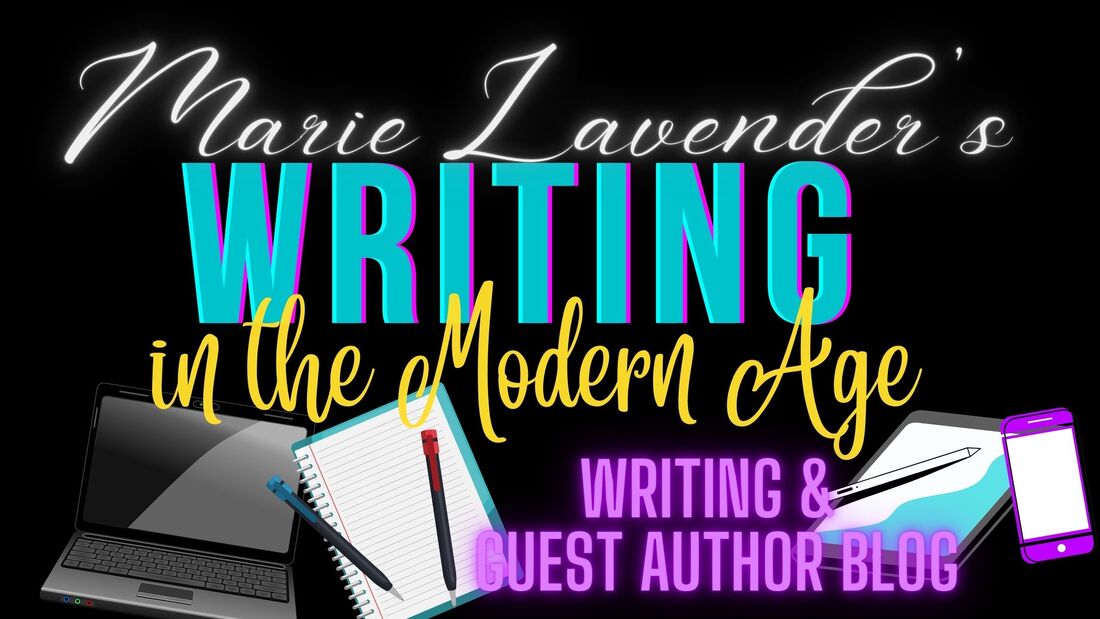

 RSS Feed
RSS Feed

